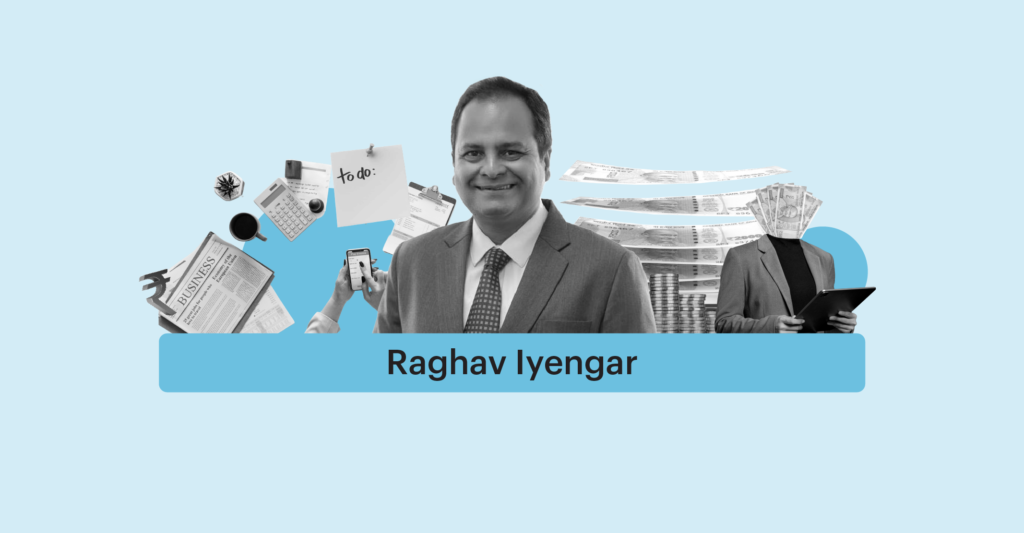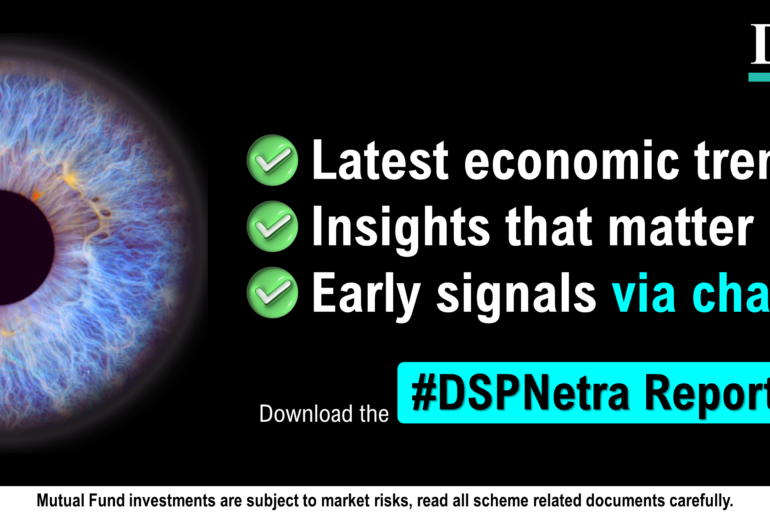Last Updated on Jan 6, 2023 by
The last two years, especially since the outbreak of the pandemic, have brought several lessons in disguise for everyone. Revised business models and policies, increased focus on technology, massive changes in the inflows, creation of new-age cash-intensive core businesses, and so on have changed the outlook of the Indian equity market. After the ups and downs we have witnessed, the hope is that 2023 brings stability and positivity for all.
Doctors have continually advocated the benefits of regular health check-ups. Similarly, investment advisors have upheld the need for periodic checks of the investment portfolio. Think of it as a ‘Wealth Check-up’. The beginning of the new year presents investors with the opportunity to re-look at their financial portfolio. It is a good time to review the year that will pass us by, assess the wealth created, ascertain risk exposure, and evaluate the investments made. Along with the asset allocation to reign in the new year with a fresh, rounded investment perspective poised to leverage market opportunities.
Below are some of the ways investors can conduct the wealth check-up in 2023:
- Exposure across asset classes: An investor’s exposure to a particular asset is determined by their investment objective, time horizon, and the sector’s performance. While goal-based investing is not new to India, investors need to look at products linked directly to their goals.
The emergence of multi-cap and Flexi-cap products allows investors to leverage opportunities available in large (companies with a market capitalisation of Rs. 20,000 cr. or more), mid (companies with market capitalisation between Rs. 5,000 cr. and less than Rs. 20,000 cr.), and small-cap (companies with a market capitalisation of below Rs. 5,000 cr.) segment with relatively minimal exposure to risk, becoming an ideal one-stop investment solution. Investors need to include asset classes that have the potential to grow their money for them.
- Risk-to-Return progress chart: While unaware investors may see ‘risk’ as a sign of extreme distress, seasoned investors understand that ‘risk’ and ‘returns’ are inclusive of each other. Investors need to minutely dissect their portfolios to understand their exposure to risk and rebalance it according to their needs. Risk-adjusted returns measure drawdowns to ensure that risk equals the beta-adjusted returns.
- Leverage the opportunities in passive products: Passive investing has started gaining its rightful significance amongst the investor community in India. Not only do they offer the opportunity to create a diversified portfolio by replicating the weights and returns of the underlying index, but they also ensure lower tracking error and any bias from the fund manager’s end.
In India, investors can invest passively through Exchange Traded Funds (ETF), Fund of Funds, and Index Funds. No longer are they reflective of a single index, but they have evolved to introduce thematic and sector-oriented funds that promise returns to investors.
- Re-assess Investment objectives: Things have changed drastically in the last two years. People’s needs and priorities also have evolved with time, and the beginning of the New Year is a good time to evaluate one’s investment objectives. Maybe a rebalance is needed since you got married, are planning for higher education, intend to start a family, or want to invest a corpus for a new opportunity in the market. Investors must take a strong look at their portfolios to reassess their objectives based on current and future requirements.
- Expand beyond the home base: The Indian equity market has certainly evolved to offer new and innovative opportunities. However, an investor needs to consider the advantages of exposure in global markets, especially if one can accommodate a relatively higher exposure to risk. Emerging and developed economies have several avenues investors can consider reaping long-term wealth creation opportunities. Investors can invest in them through routes like Fund of Funds and so on.
- Invest for emergencies: One of the biggest lessons to be learned from the pandemic is that nothing in life can be predicted. When you are almost certain, things have gone back to normal. In this case, the only thing that we can do is follow Boy Scout’s motto to ‘Be Prepared’. It is important to invest in an emergency fund that will allow an investor access to liquidity in a short time. One can consider overnight funds, liquid funds, low-duration debt funds or floater funds for the same.
- Quality above all: Investors must prioritise good valuations and long-term returns that will meet their objectives. Not all companies or sectors will deliver the valuations they are currently trading. We must focus on ‘quality’ investments that offer wealth-creation opportunities in the long term.
While a complete reboot may not be needed for everyone, a reset and reconsideration is a good idea. Investors must look at their portfolios now to ensure returns in the future, not compromised by mishaps of the present or past.
Disclaimer: This press release represents the views of Axis Asset Management Co. Ltd. and must not be taken as the basis for an investment decision. Neither Axis Mutual Fund, Axis Mutual Fund Trustee Limited nor Axis Asset Management Company Limited, its Directors or associates shall be liable for any damages including lost revenue or lost profits that may arise from the use of the information contained herein. Investors are requested to consult their financial, tax and other advisors before taking any investment decision(s). Statutory Details: Axis Mutual Fund has been established as a Trust under the Indian Trusts Act, 1882, sponsored by Axis Bank Ltd. (liability restricted to Rs. 1 Lakh). Trustee: Axis Mutual Fund Trustee Ltd. Investment Manager: Axis Asset Management Co. Ltd. (the AMC). Risk Factors: Axis Bank Limited is not liable or responsible for any loss or shortfall resulting from the operation of the scheme. No representation or warranty is made as to the accuracy, completeness or fairness of the information and opinions contained herein. The AMC reserves the right to make modifications and alterations to this statement as may be required from time to time.
The information set out above is included for general information purposes only and does not constitute legal or tax advice. In view of the individual nature of the tax consequences, each investor is advised to consult his or her own tax consultant with respect to specific tax implications arising out of their participation in the Scheme. Income Tax benefits to the mutual fund & to the unit holder is in accordance with the prevailing tax laws as certified by the mutual funds consultant. Any action taken by you on the basis of the information contained herein is your responsibility alone. Axis Mutual Fund will not be liable in any manner for the consequences of such action taken by you. The information contained herein is not intended as an offer or solicitation for the purchase and sale of any schemes of Axis Mutual Fund.
Past performance may or may not be sustained in the future.
Stock(s) / Issuer(s)/ Sectors mentioned above are for illustration purposes and should not be construed as recommendations.
Mutual Fund Investments are subject to market risks, read all scheme-related documents carefully.
- The Extraordinary Affinity Between Colours and Investment Strategies! - Mar 9, 2023
- 7 Ways To Conduct Your Wealth Check-Up for 2023 - Jan 6, 2023
- Five Ways To Build Wealth in the Long Term - Oct 27, 2022



